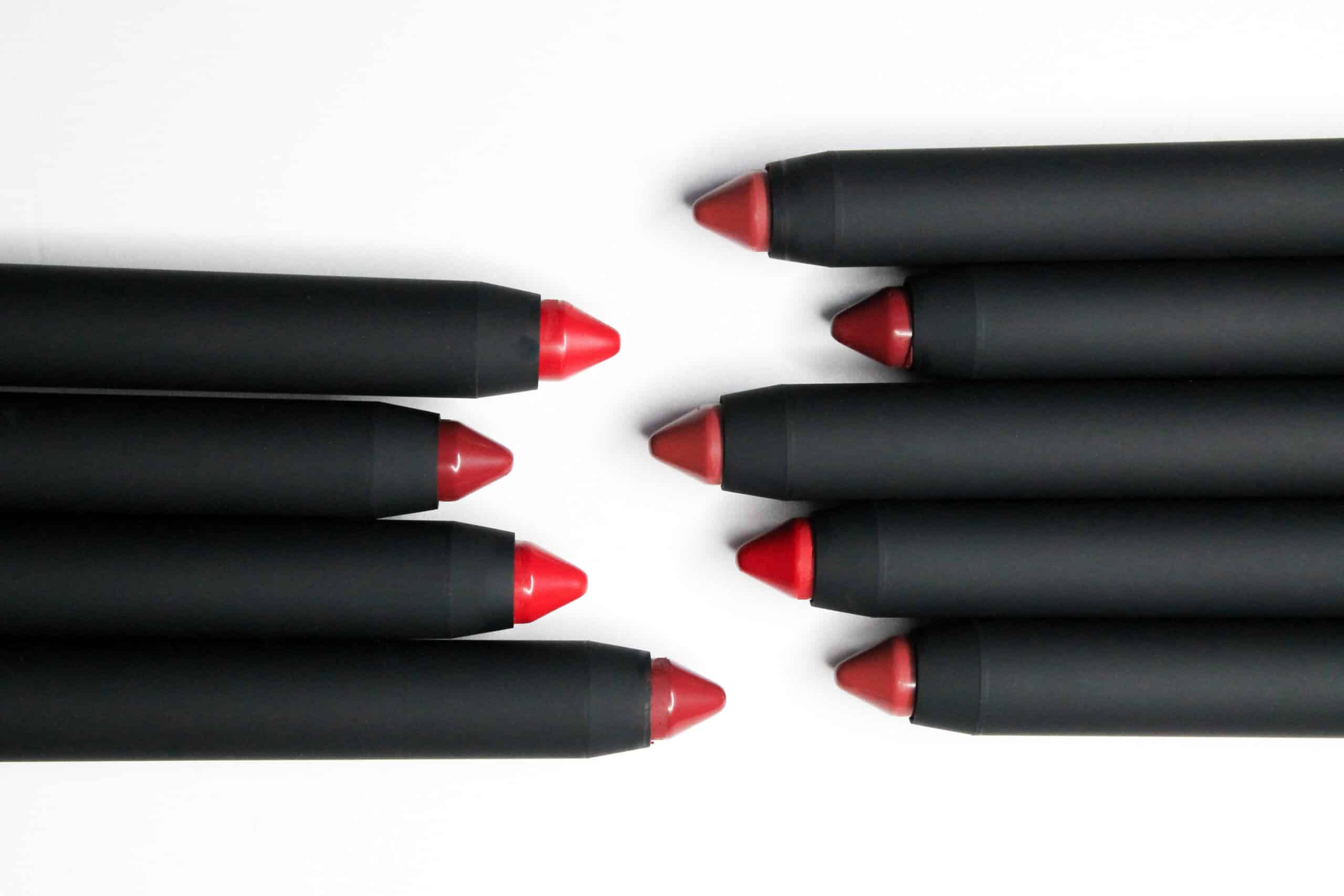Consumers recognize quality in almost all the products they purchase, weighing its importance more in some than others. Cosmetics are high on the list of products that need to display quality in all aspects. A physical and emotional difference exists between something you might be prepared to wear for an afternoon and something you apply to your precious skin.
High-quality cosmetics stand out and are desirable because we inherently want to know we are treating ourselves to the best, most effective products that represent something more personal and thoughtful than what accessory we carry that day. Several factors that contribute to the actual and perceived quality of our preferred cosmetics include:
- Premium ingredients
Top-tier cosmetics rely on superior ingredients and meticulously researched formulations that ensure optimized results and safe, comfortable use for the consumer. - Scientific and effective formulations
Sophisticated formulations must be based on the proven science of how safe cosmetic ingredients interact with each other for enhanced performance and longer-lasting results. - Innovation
Very few brands can afford to sit back on the laurels of their most popular products and fail to create innovative, effective new ones. The cosmetics industry is forever evolving as experts gain a deeper understanding of safe cosmetic ingredients and how they can be combined for the greatest effect. Continuous innovation in product development epitomizes the role of premium brands. They invest the time and money to research and develop state-of-the-art products that drive the industry to new heights and meet consumers’ changing needs and desires. - Ethical practices
Informed, conscientious consumerism is rife in many industries, and cosmetic manufacturing standards must embody ethical, sustainable, environmentally responsible, and cruelty-free practices. By committing themselves to these unimpeachable standards, cosmetic brands can appeal to knowledgeable, demanding consumers and maintain an ethos that produces high-quality cosmetics without sacrificing widely-held values. - Unique customer experience
Quality cosmetics often seek to provide an exclusive, premium customer experience beyond simply using the product, from innovative marketing strategies and an appreciation for the importance of robust customer support to personalized services and exclusive offers. - Brand reputation
Any brand can only be as successful as its reputation allows, and superb reputations can only be built on consistent, proven quality and results. Maintaining the highest cosmetic manufacturing standards is critical for premium brands to foster customer loyalty, robust word-of-mouth recommendations, and regard within the industry. - Exceptional, eye-catching packaging
High-quality cosmetics almost always come in stylish, carefully designed packaging intended to protect the precious contents and imbue them with exclusivity and quality. Aesthetically pleasing bespoke packaging plays a significant role in drawing customers to the product and exemplifying the standards that can be expected. - Cost and consumer perception
Public perception is the ultimate arbiter of what makes one product more premium than another. Combining elements like creative marketing and aesthetic appeal affects judgment before the product is even experienced, and the psychological effect of higher prices drives perceptions of quality and overall brand experience.

Why Cosmetic Quality Matters: Impeccable Standards & Safety
Flawless quality control in cosmetics is a cornerstone of the industry, from unimpeachable manufacturing standards to ethically sourcing and combining safe ingredients. Ensuring cosmetic product safety for short- and long-term use is critical for several reasons, including:
- Consumer comfort and safety
Nothing is guaranteed to drain consumer confidence in a brand faster than contaminated, unsafe ingredients that can lead to unpleasant side effects or significant health issues. Consumers know which products contain toxins and contaminants that negatively affect their experience and will avoid them in the future. Aside from the financial implications of selling products that cause adverse reactions, it is unethical and short-sighted, and offending companies may be legally culpable. - Meeting regulatory standards
Cosmetic manufacturing standards require manufacturers to comply with strict regulatory standards that cover: - Ingredient safety: All contained ingredients must be deemed safe for use.
- Labeling: Clear, concise, and accurate information must be prominently displayed and contain ingredients and instructions for usage
- Good Manufacturing Practices (GMP): An established, industry-wide system of procedures, documentation, and processes that ensures products are produced in a controlled, consistent manner and meet the required quality standards.
- Building consumer trust
Consumer trust in any brand is one of the most significant driving factors in showing loyalty and confidence in that brand. This trust is hard-earned and easily squandered, and maintaining high-quality cosmetics quality and safety standards is fundamental to success. Savvy consumers understand when a brand prioritizes safety and comfort over increased profits. They are more likely to appreciate those efforts and recommend the products to others. - Risk management
Mitigating the risks associated with manufacturing and distributing quality cosmetics involves a complex series of procedures covering every eventuality, from identifying contaminants and errors before products are sold to building inspections, audits, and a pre-arranged recall process in case of emergency.
By adhering to these practices, cosmetic companies can ensure their products are safe, reliable, and effective, ultimately leading to greater consumer satisfaction and trust. From a legal standpoint, excellent cosmetic manufacturing standards are essential, as the company bears some responsibility for protecting the health of its clients, even if warning labels are in place.
The Critical Nature of Cosmetic Quality Control in Cosmetic Product Safety
From the smallest boutique cosmetic brush supplier to behemoth multinational lip gloss manufacturer, quality control is a non-negotiable factor in the chain. No matter their scale of production or reputation for excellence, quality cosmetics are made from recipes of ingredients that can change in quality or display altered characteristics with each batch. Even the most carefully controlled environments can be affected by changes in the water, anomalies, and a slew of other potential issues that must be monitored and mitigated to ensure that only safe cosmetic ingredients are used.
Meticulous, professional quality control in cosmetics ensures these changes are identified rapidly and can be thoroughly assessed and vetted. Careful, selective consumers pay attention to ingredients. If a company offers makeup factory cosmetics with their stamp of cosmetic quality assurance, it must be trustworthy and backed by rigorous testing.
To learn more about how MPlus Cosmetics can help your company achieve and maintain exemplary cosmetic manufacturing standards, please do not hesitate to contact us today. Our experienced professionals will be glad to help you identify the best solution for your needs.

